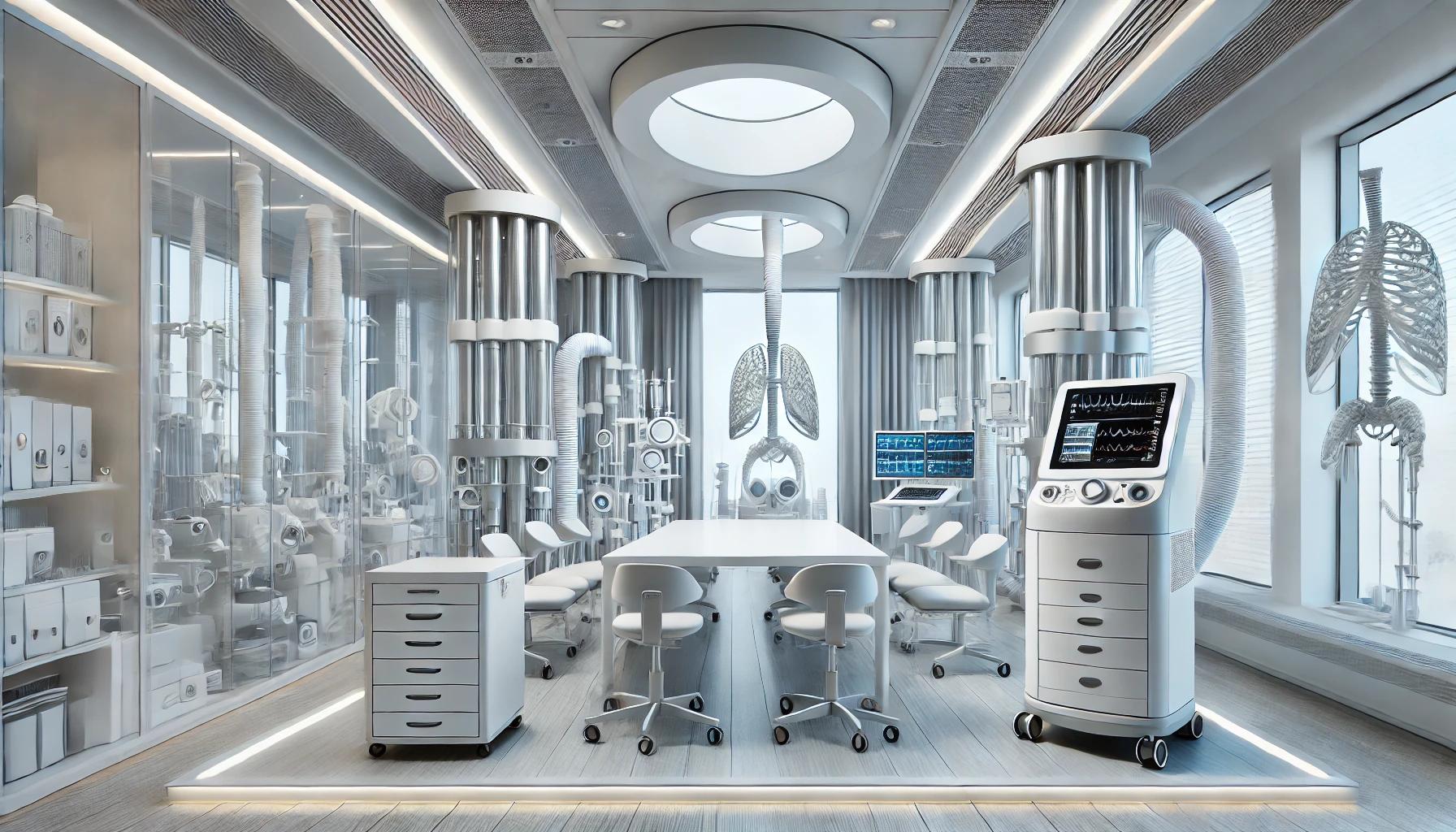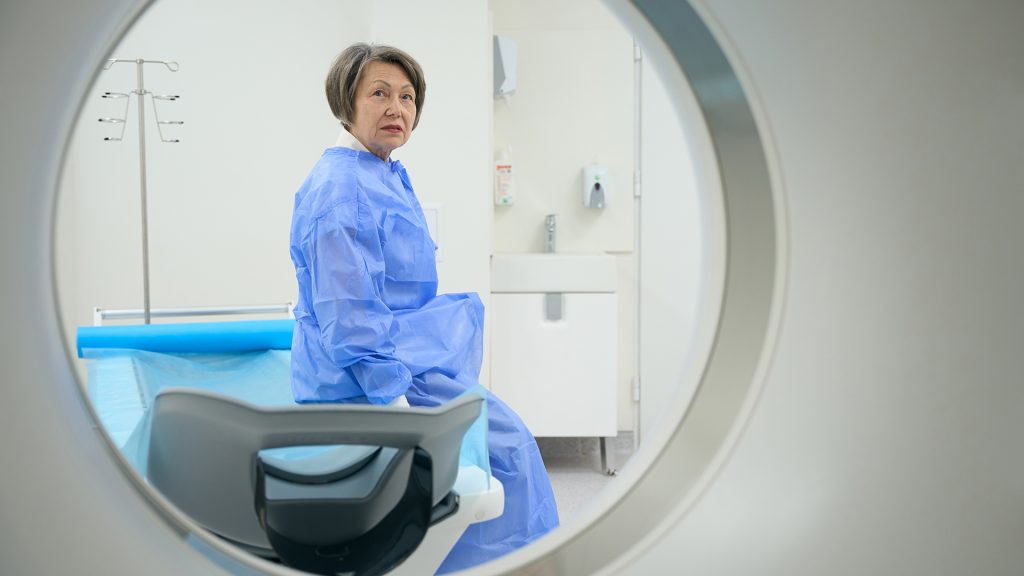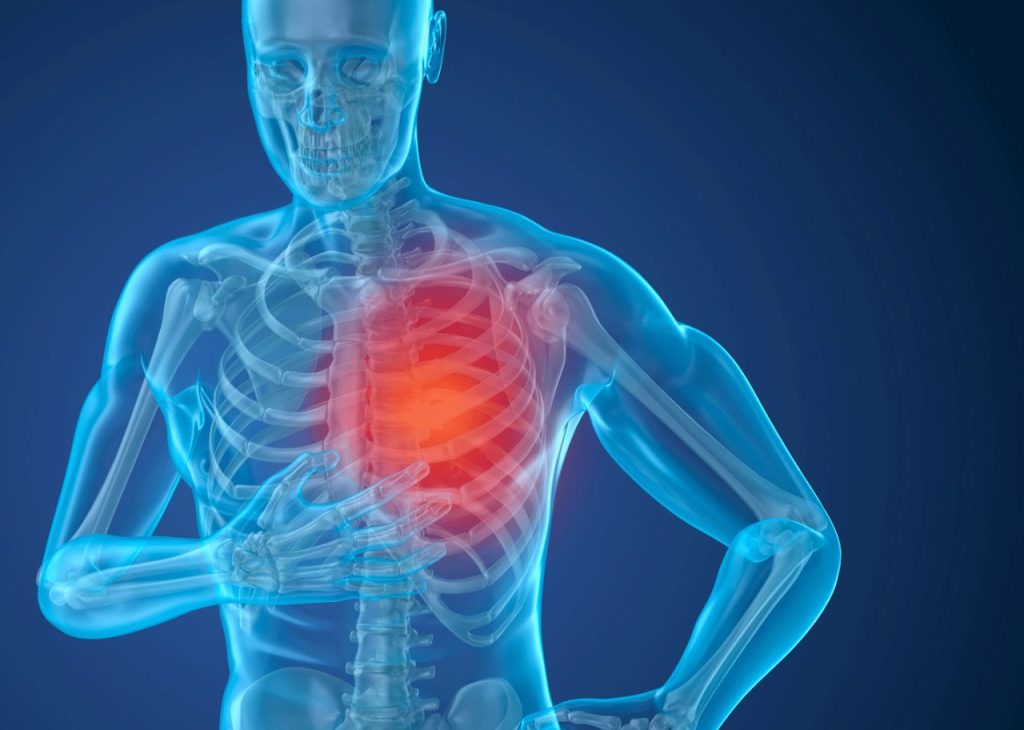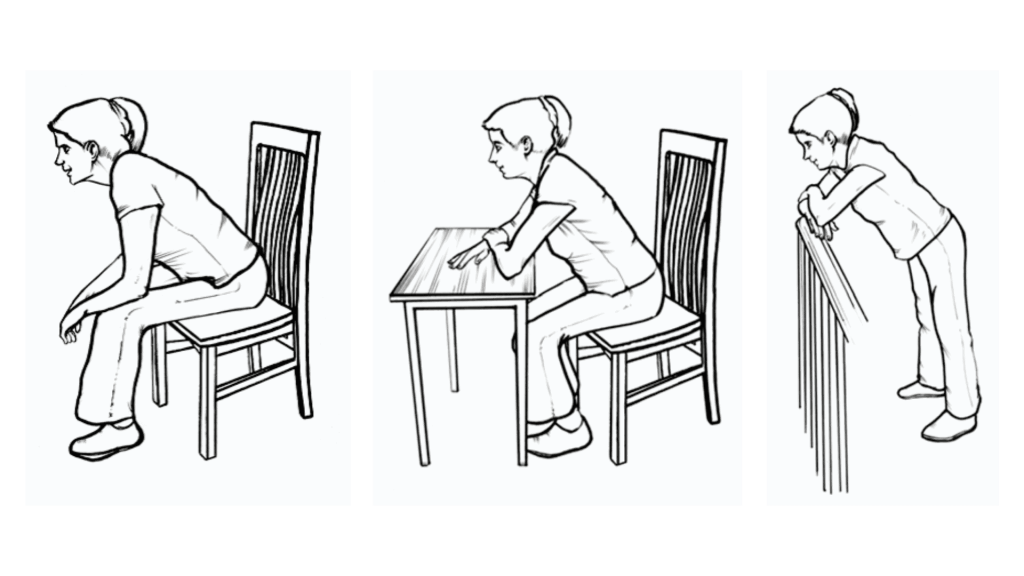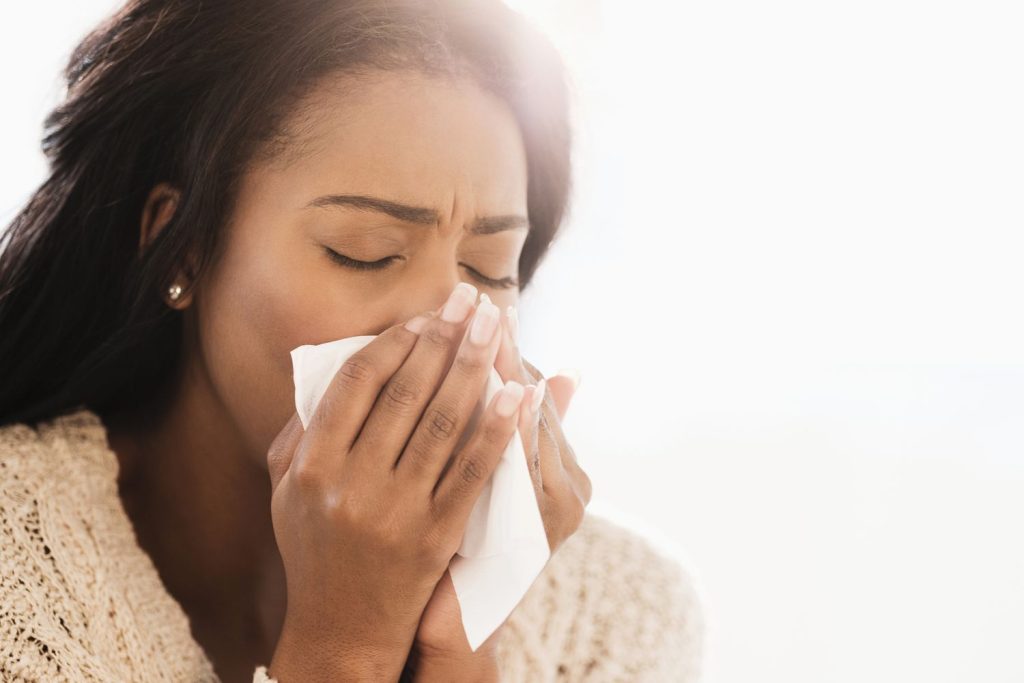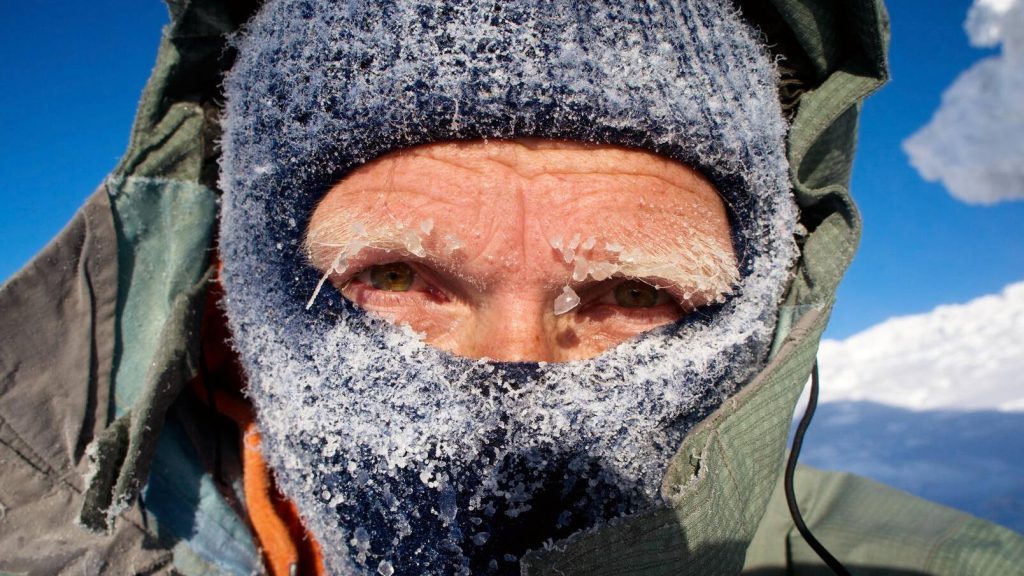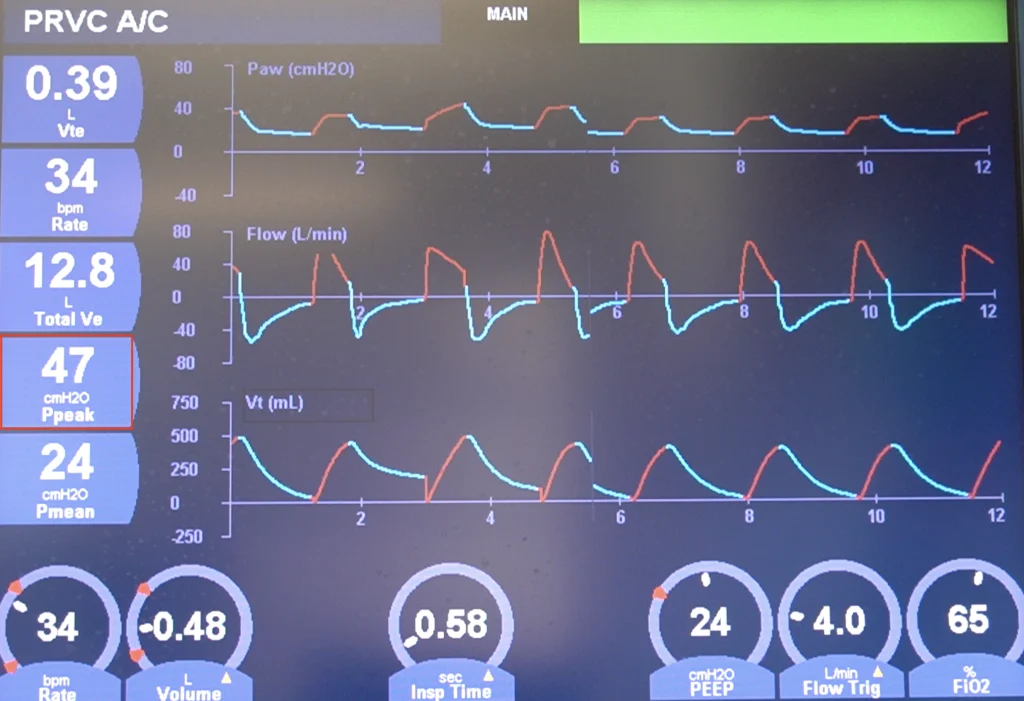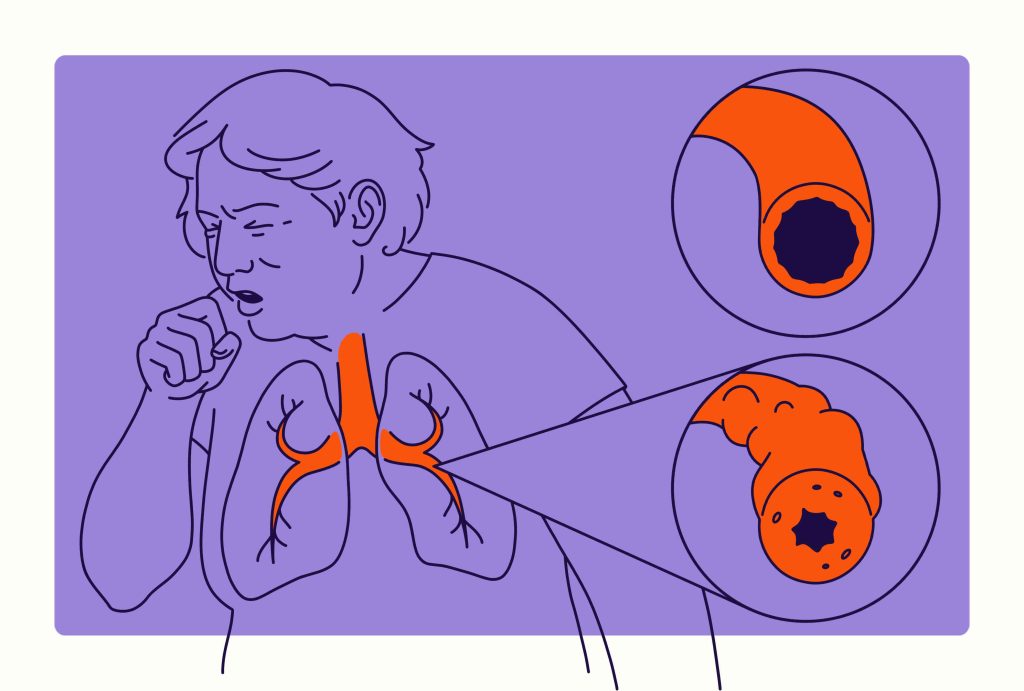Why Seeing a Pulmonologist Can Be a Game-Changer for Your Lung Health
Visiting a pulmonologist can make a significant difference to your lung health. These specialists are trained to diagnose and treat conditions that affect the respiratory system, including chronic diseases such as asthma, COPD and lung cancer. Thanks to their extensive expertise, pulmonologists can provide comprehensive care that significantly improves quality of life. According to the American Lung Association, early intervention by a pulmonologist can lead to better management of chronic respiratory diseases.
How do pulmonologists diagnose and treat respiratory diseases?
Pulmonologists use advanced diagnostic tools to accurately diagnose respiratory conditions. Techniques such as spirometry, chest X-rays and CT scans help them understand the extent of the disease. These diagnostics are crucial for developing effective treatment plans, says the Mayo Clinic. Treatment can include medications, lifestyle changes and sometimes surgical interventions, tailored to meet the specific needs of each patient.
The Role of Pulmonologists in Asthma Treatment
Asthma management is an important area where pulmonologists excel. They offer personalized treatment plans that help control symptoms and prevent attacks. The Global Initiative for Asthma (GINA) emphasizes the importance of regular monitoring and adjustment of treatment plans to keep asthma under control. Pulmonologists work closely with patients to make sure they understand their condition and know how to manage it effectively.
Pulmonologists and the Fight against COPD
Chronic Obstructive Pulmonary Disease (COPD) is an important focus for pulmonologists. This progressive disease requires careful management to slow its progression and improve patient outcomes. The National Heart, Lung and Blood Institute (NHLBI) explains that quitting smoking is the most critical step you can take to prevent COPD from getting worse. Pulmonologists provide comprehensive care, including medications, pulmonary rehabilitation and other treatments.
The Importance of Early Diagnosis in Lung Cancer Treatment
Lung cancer is one of the most serious diseases treated by pulmonologists. Pulmonologists play a crucial role in early detection of lung cancer through screenings and biopsies. The American Cancer Society emphasizes that early-stage lung cancer is more treatable and has a better prognosis. Pulmonologists work in multidisciplinary teams to develop and implement treatment plans that may include surgery, chemotherapy and radiation therapy.
How Do Pulmonologists Address Sleep Apnea and Its Complications?
Sleep apnea is a condition that can have serious health implications if left untreated. Pulmonologists are skilled at diagnosing and treating sleep apnea and often use sleep studies to assess the severity of the condition. The American Sleep Apnea Association states that effective treatment, such as CPAP therapy, can significantly reduce the risk of complications such as heart disease and stroke.
The Role of Pulmonologists in the Treatment of Pulmonary Hypertension
Pulmonary hypertension is a type of high blood pressure that affects the arteries in the lungs and the right side of the heart. Pulmonologists are very important in managing this complex condition. According to the Pulmonary Hypertension Association, treatments can include medications, oxygen therapy and sometimes surgical options. Pulmonologists closely monitor patients to manage symptoms and improve their quality of life.
Why are Pulmonologists Important in the Treatment of Interstitial Lung Disease?
Interstitial lung disease (ILD) comprises a group of conditions that cause progressive scarring of lung tissue. Pulmonologists are crucial in the diagnosis and management of ILD. Cleveland Clinic explains that treatments may include medications to slow the progression of the disease and improve symptoms. Pulmonologists provide comprehensive care, including monitoring and adjusting treatment plans based on patient response.
Pulmonologists and Management
of Occupational Lung Diseases
Exposure to hazardous substances at work can lead to occupational lung diseases. Pulmonologists are experts in diagnosing and managing these conditions. The Centers for Disease Control and Prevention (CDC) emphasizes the importance of early diagnosis and prevention strategies in occupational health. Pulmonologists work with patients to identify the cause of their symptoms and develop strategies to prevent further exposure and manage their condition.
Benefits of Pulmonary Rehabilitation Programs Conducted by Pulmonologists
Pulmonary rehabilitation programs, usually led by pulmonologists, are very important for patients with chronic respiratory diseases. These programs include exercise training, nutritional advice and education about the management of lung disease. The American Thoracic Society emphasizes that pulmonary rehabilitation can increase exercise capacity, reduce symptoms and improve quality of life. Pulmonologists tailor these programs to meet the specific needs of each patient.
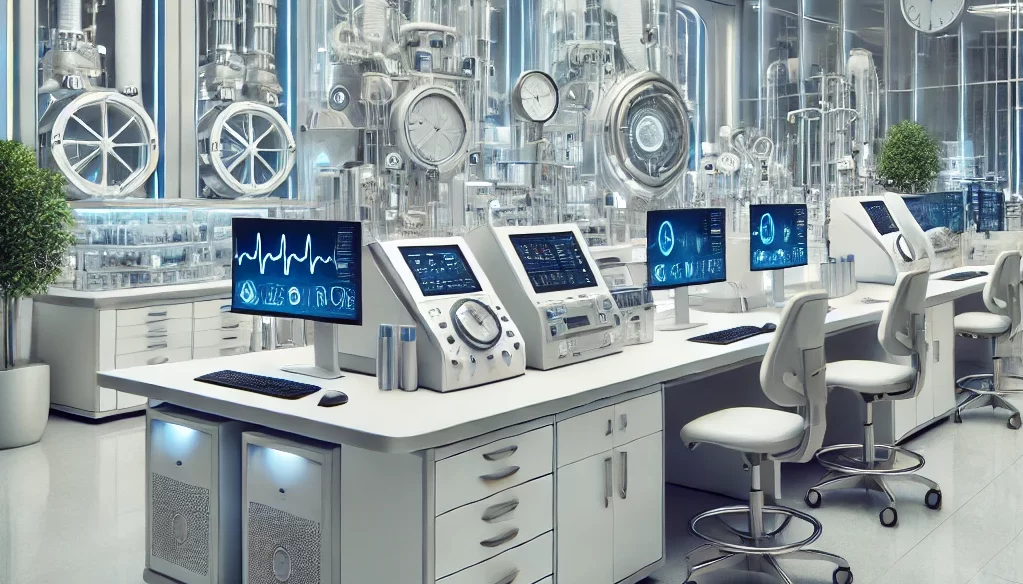
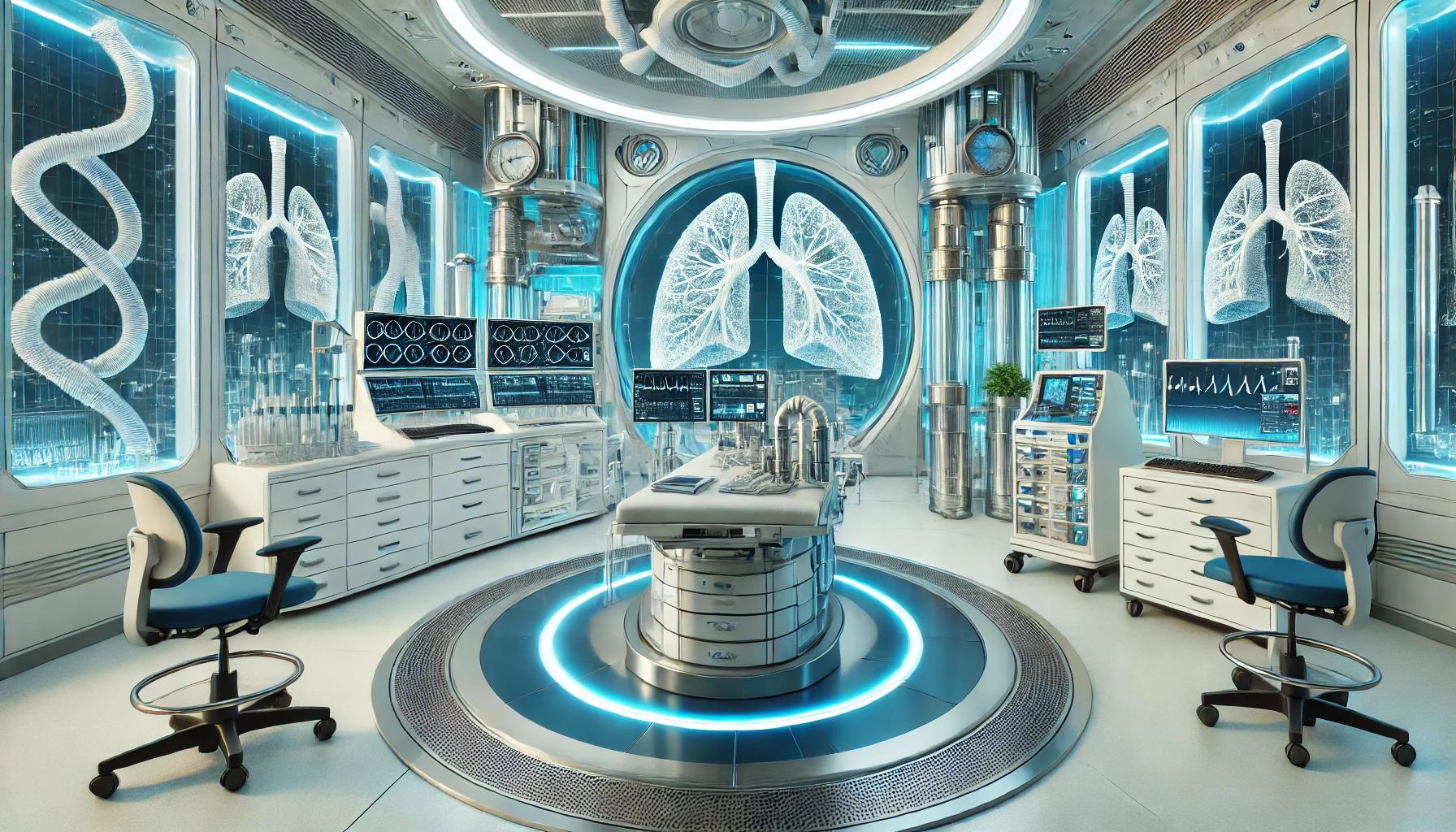
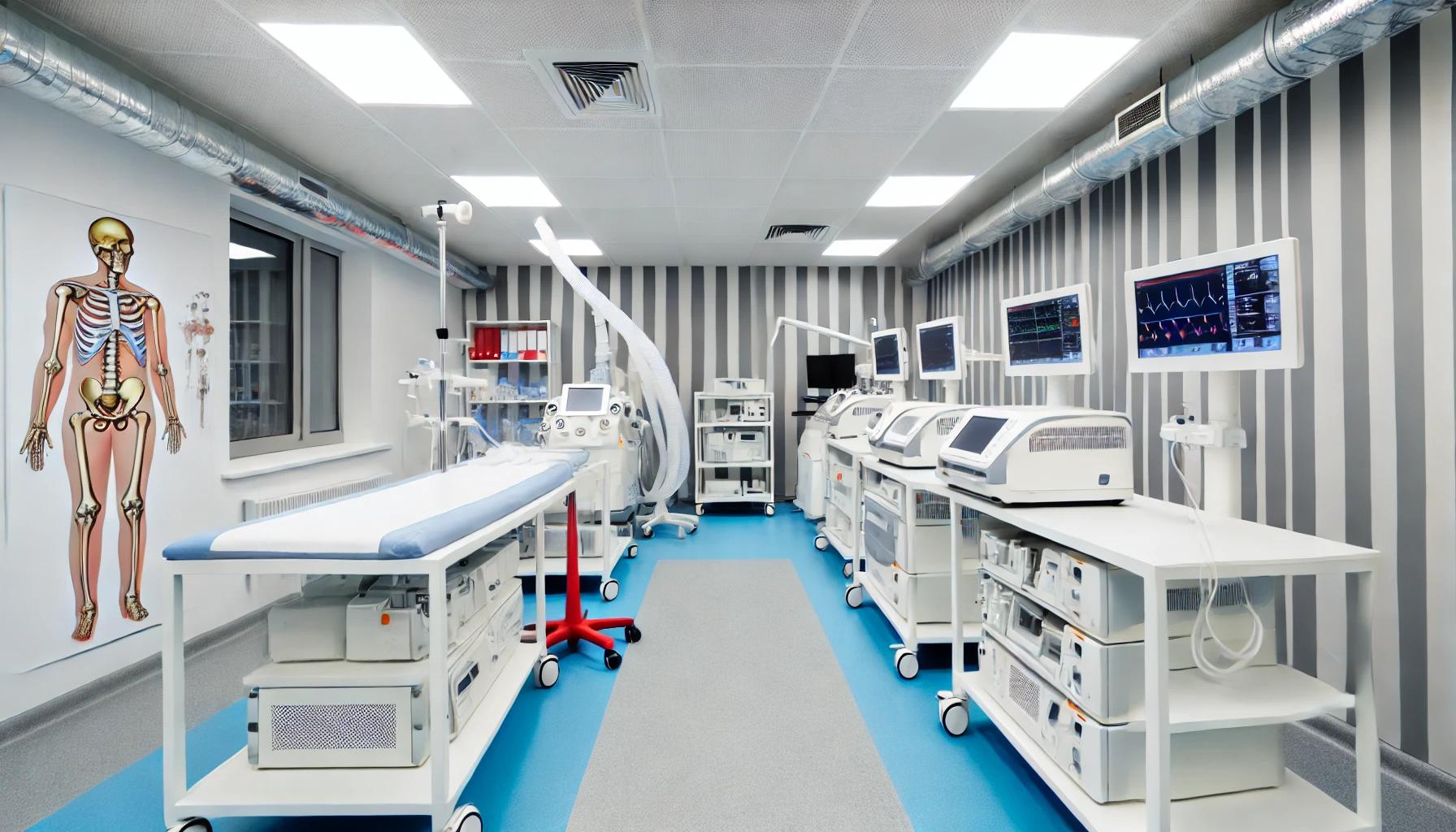
Contents
Lung Cancer Screening: Who Should Be Tested?
Lung cancer screening often sounds complex, yet it quietly helps detect serious problems earlier, especially for people with certain risks, long before symptoms appear and choices become limited. Have you[…]
Read morePulmonary Hypertension: Symptoms and Diagnosis
Understanding pulmonary hypertension symptoms and diagnostic methods is essential for early recognition because this condition often progressUnderstanding pulmonary hypertension symptoms and diagnostic methods is essential for early recognition because this[…]
Read moreNutrition and Lung Health: What to Eat and Avoid
Have you ever noticed your breathing feels heavier after certain meals or lighter when you eat fresher foods that nourish your body more gently? Many patients only connect these experiences[…]
Read moreSimple Methods to Manage Breathlessness at Home
A neighbor once told me how a mild seasonal infection left him unexpectedly short of breath while climbing just a few steps, and his surprise echoed what many people feel[…]
Read moreManaging Respiratory Symptoms During Allergy Season
You wake up to a tickle in your throat. The window looked harmless last night. Morning breeze now carries itch and pressure. A short walk becomes an unexpected challenge. You[…]
Read moreThe Impact of Cold Weather on Lung Conditions
The advent of colder temperatures ushers in a complex set of physiological challenges for the human respiratory system, particularly for those individuals navigating life with pre-existing lung conditions such as[…]
Read morePulmonary Rehabilitation: What to Expect in Recovery
The path of living with a chronic respiratory condition, such as Chronic Obstructive Pulmonary Disease (), interstitial lung disease, or pulmonary hypertension, is often marked by a progressive, insidious decline[…]
Read moreUnderstanding the Core Principles of Mechanical Ventilation
When a patient’s own respiratory drive falters, or when the lungs are simply too overwhelmed by disease to adequately exchange life-sustaining gases, the machine takes over. This is the essence[…]
Read moreHow Lung Diseases Affect Oxygen Levels in the Human Body
The transfer of oxygen from the air we breathe to the bloodstream is a fundamental biological process, an exquisite piece of micro-engineering carried out across the vast, thin membranes of[…]
Read more
